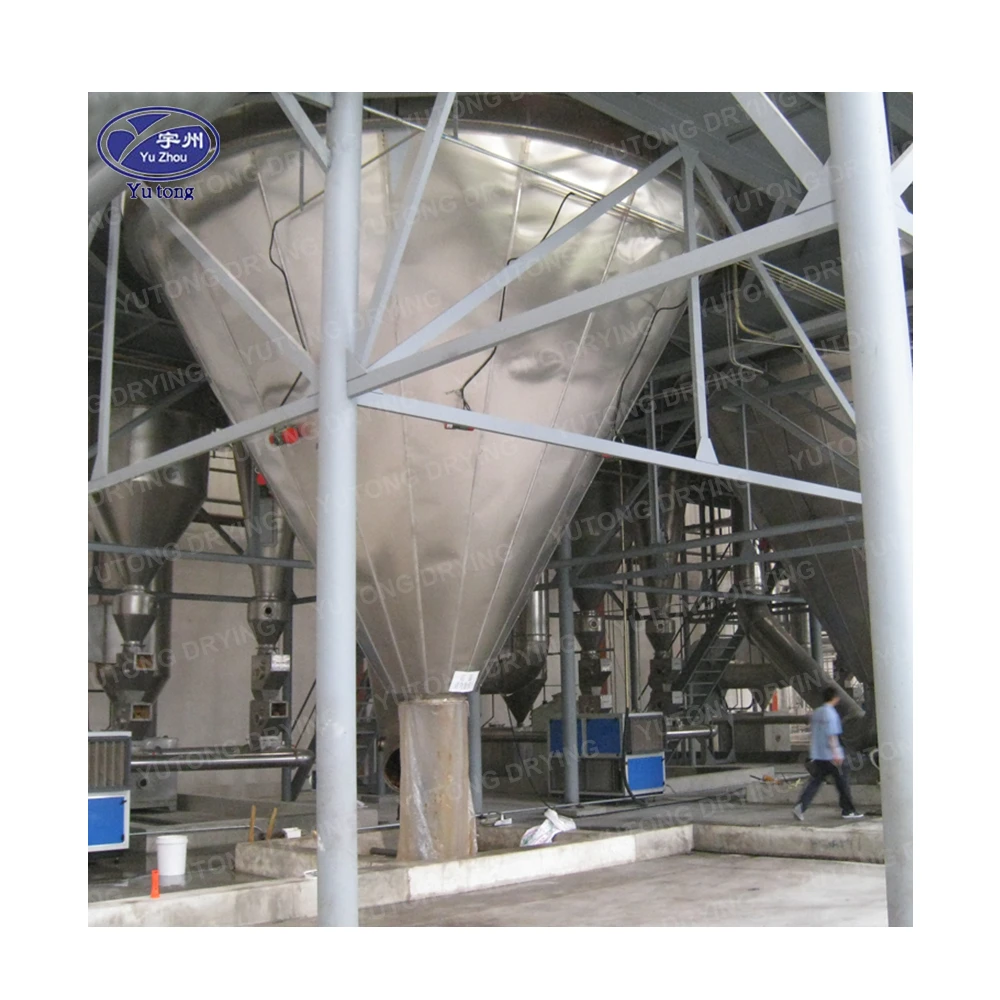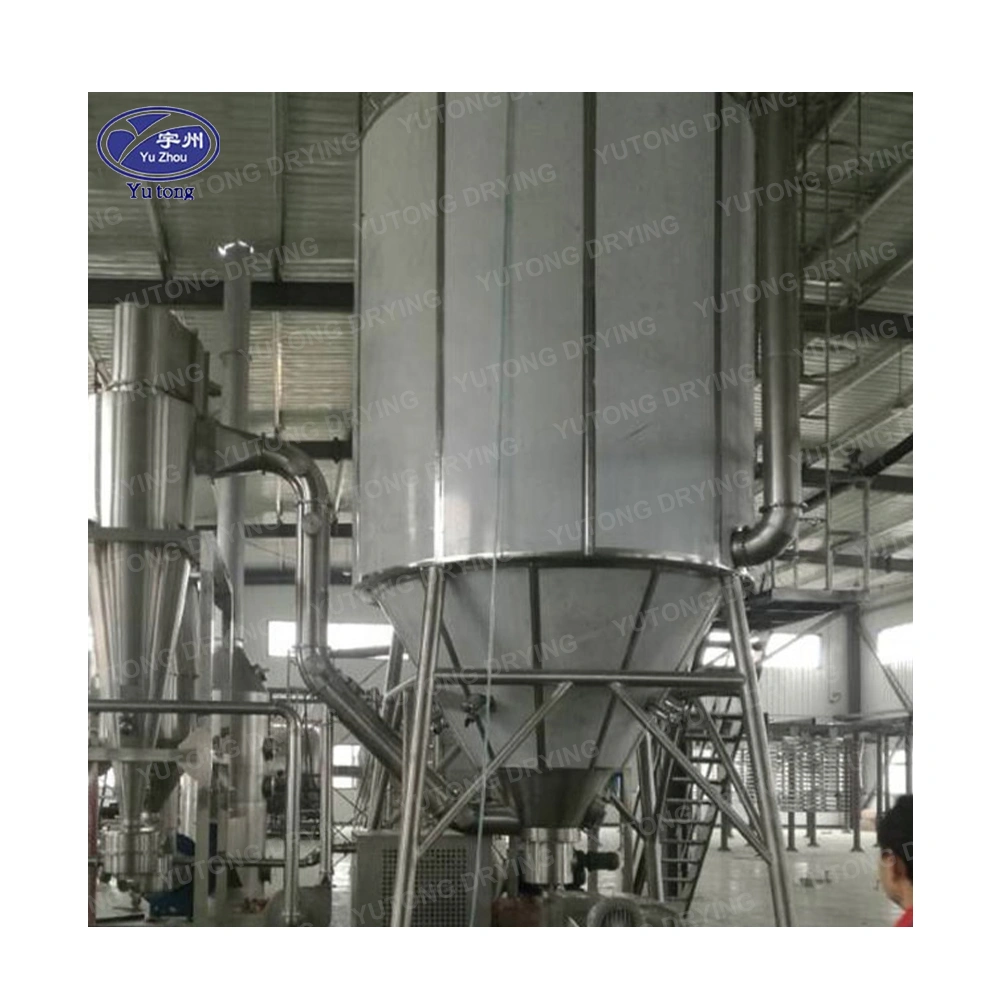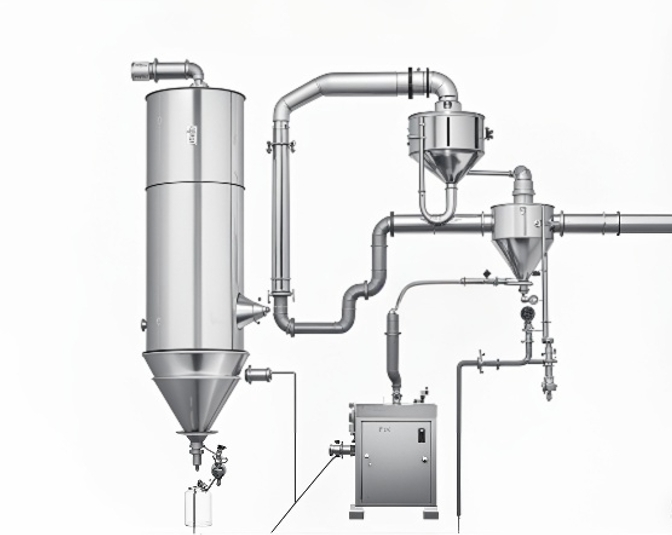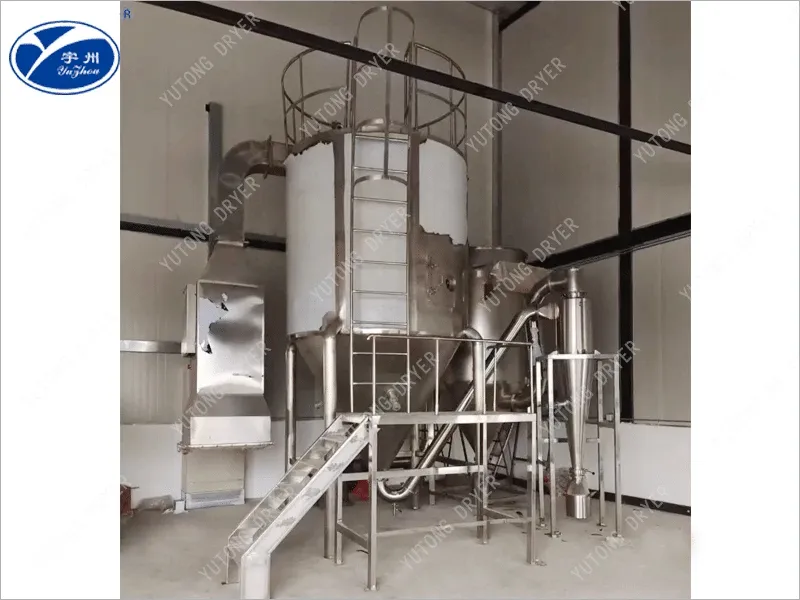Projektübersicht:
Microcrystalline cellulose (MCC) is a purified form of partially depolymerized cellulose, appearing as a white, odorless, and tasteless crystalline powder with a porous structure. It is widely applied in the pharmaceutical, cosmetic, and food industries. Different particle sizes and moisture contents influence its properties and suitability for various applications.
MCC consists primarily of β-1,4-glucosidic linked polysaccharide chains with a polymerization degree ranging from approximately 3,000 to 10,000 glucose units. Typically, plant fibers contain around 70% microcrystalline cellulose and 30% amorphous cellulose.
Characterized as a semi-synthetic polymer, MCC particles range from 1 to 10 microns in diameter. It exhibits excellent moisture resistance, strong binding and disintegration properties, making it ideal as a direct compression binder and disintegrant in tablet formulation. Additionally, MCC enhances the dissolution rate and bioavailability of poorly soluble drugs by improving their abrasive interaction.
Material Summary:
Microcrystalline cellulose is derived either from natural cellulose via acid hydrolysis or produced synthetically as rod-shaped fibers, used extensively in pharmaceutical manufacturing.




